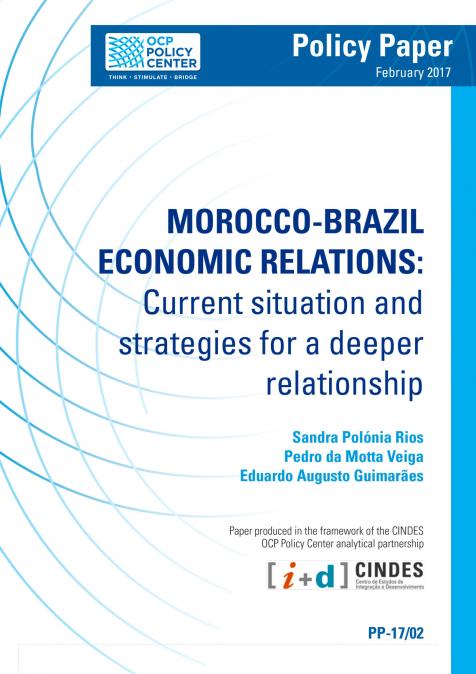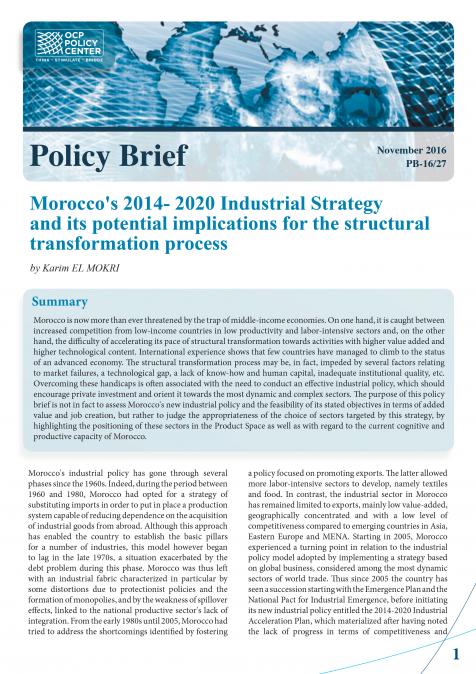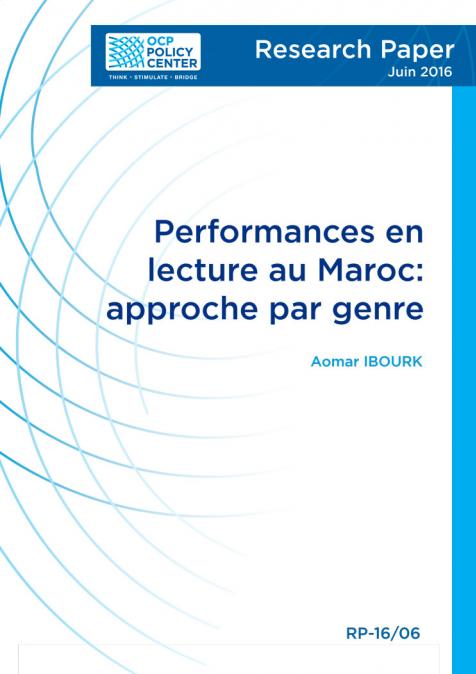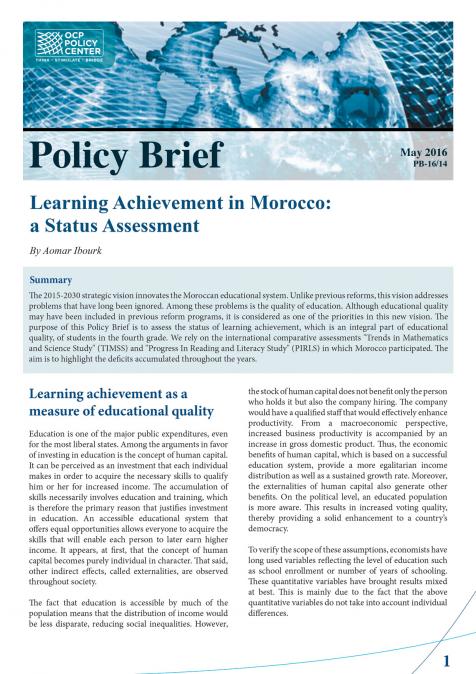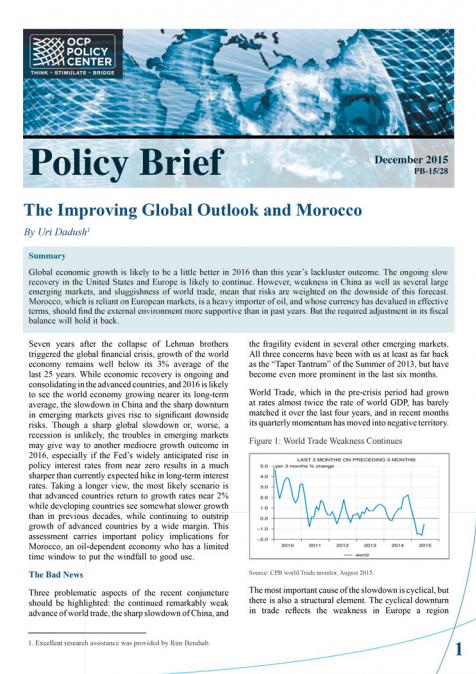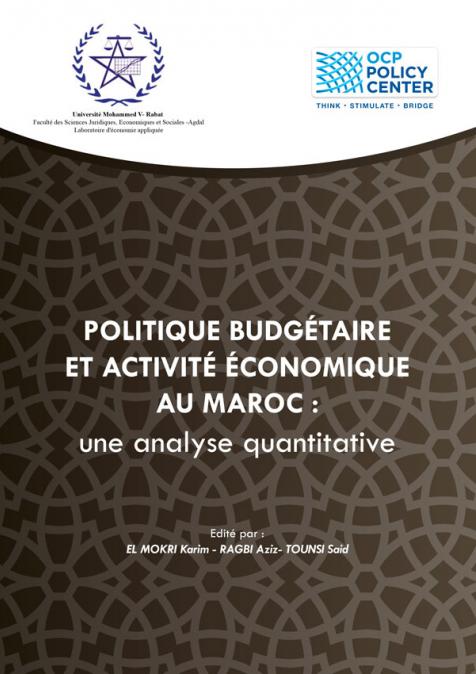كثيرا ما ركّزت التعليقات والتحليلات على الأسباب المباشرة وشبه المباشرة والظرفية والدولية ألتي أدت الى موجة التضخم التي يشهدها العالم. في هذه الحلقة من برنامج حديث الثلاثاء، نقترح رؤية اكاديمية وعلمية للمفهوم، مقسّمين الظاهرة الى أجزاء ومكوّنات مختلفة. كما ستركّز هذه الحلقة على المغرب بالتحديد، موضحة ومبينة كيف تعامل البنك المركزي لمساندة النشاط الاقتصادي ومجابهة التضخم في آن واحد
Speakers
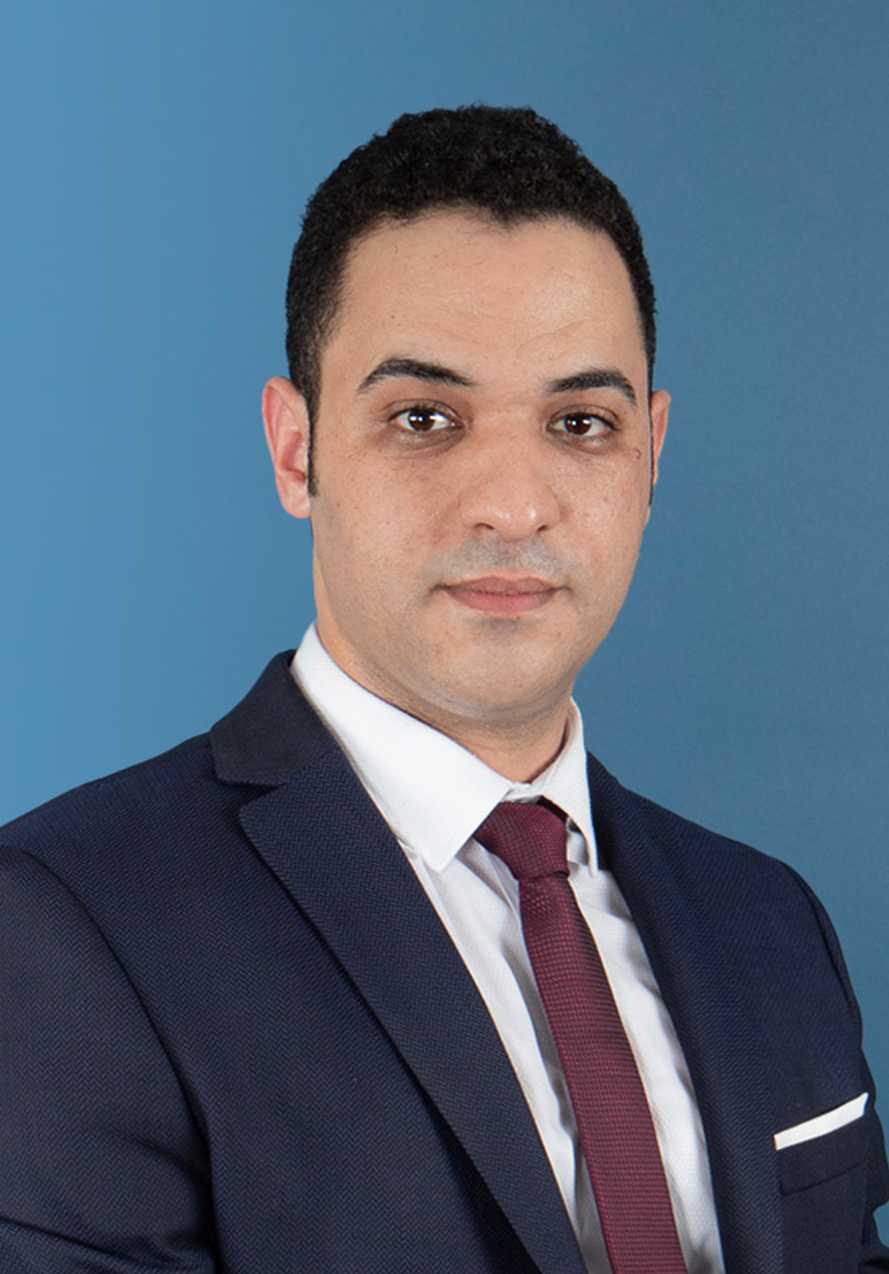
Mahmoud Arbouch
Economist
Mahmoud Arbouch is an Economist at the Policy Center for the New South. He is a graduate engineer from the National Institute of Statistics and Applied Economics (INSEA – Rabat). Mahmoud is currently a Ph.D. student at the Faculty of Governance Economic & Social Sciences of the Mohammed VI Polytechnic University (FGSES – UM6P), working on the impact of public infrastructure on growth and welfare in Morocco. He previously worked on topics related to infrastructure development and financing in Sub-Saharan Africa, regional economics in Morocco, the economic aspects of migration, as well as some sectoral policies in Morocco. Mahmoud is also interested in macroeconomic policies and long-term development. Before joining the economic research team at the Policy Center for the New ...

Akram Zaoui
Manager – Research Support & Public Policy Lab
Akram Zaoui is an International Relations Specialist at the Policy Center for the New South, where he works on the geopolitics of the Middle East and North Africa. After several experiences that led him to work for public and private entities in Jordan, Tunisia and the United Arab Emirates, he devoted himself for almost 2 years to the issue of Islam in France. In this context, he has contributed to academic productions and field missions and has been in charge of the coordination, preparation and evaluation of the action of different actors involved in the issue (public institutions, private operators, civil society organizations and personalities, media, and academic institutions and researches,). He holds a Dual Degree in Corporate and Public Management from HEC Paris (“Prog ...

